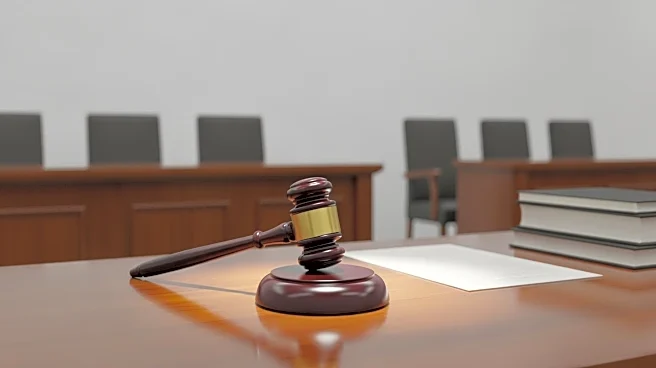What's Happening?
Chief Justice John G. Roberts Jr. has expressed skepticism towards the Voting Rights Act (VRA) in the Supreme Court case Louisiana v. Callais. The case involves the redistricting map drawn by Louisiana, which added a second majority-minority district.
A group of non-African American voters challenged this, claiming it violated the Constitution. Roberts' stance remains uncertain, but his historical doubts about the VRA are noted by court observers.
Why It's Important?
The decision in Louisiana v. Callais could have significant implications for the Voting Rights Act and minority representation in the U.S. If the court rules against the VRA, it could lead to fewer protections for minority voters, potentially altering the political landscape and affecting the balance of power in Congress. This case highlights the ongoing debate over race-based remedies and their place in American democracy.
What's Next?
The Supreme Court's decision could set a precedent for future cases involving the Voting Rights Act and minority representation. If the court rules against the VRA, states may have more leeway to redraw districts without considering racial impacts, potentially leading to increased disenfranchisement of minority voters. Civil rights groups may need to explore new strategies to protect voting rights in the absence of strong federal protections.
Beyond the Headlines
The potential weakening of the Voting Rights Act raises broader questions about the role of race in American politics and the protection of minority rights. It could lead to a shift in how electoral districts are drawn, impacting the representation of minority communities and their influence in legislative decisions. This case underscores the ongoing struggle for racial equality and the challenges of maintaining a fair and inclusive democracy.
















